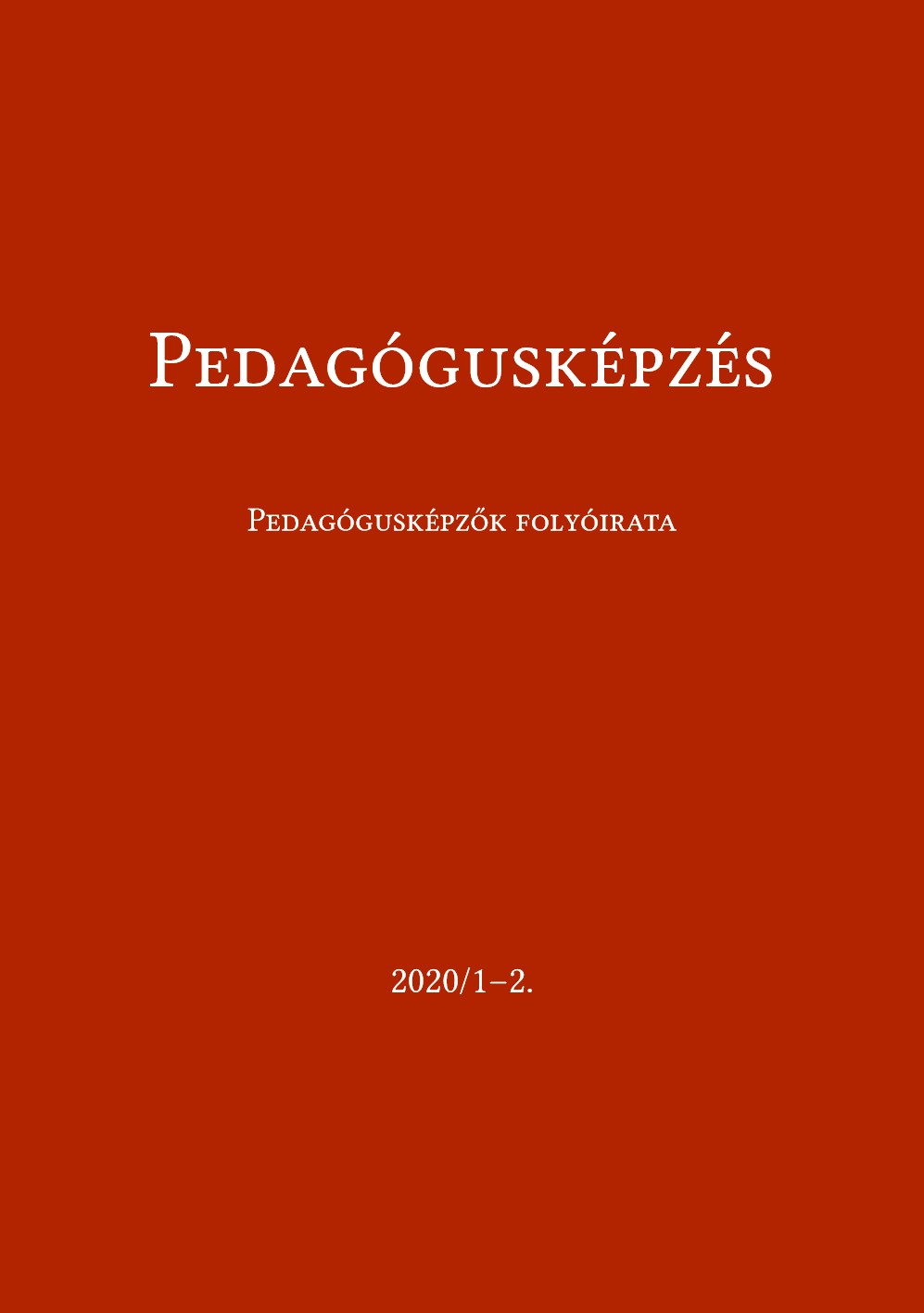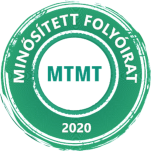The professional book club as a unique learning environment for teacher training
DOI:
https://doi.org/10.37205/TEL-hun.2020.1-2.01Keywords:
book club, learning environment, teacher training, professional developmentAbstract
Various forms of shared reading analysis, including book clubs, provide an excellent opportunity to support the continuing professional development of teachers at any stage: to connect with their own inner contents and thoughts, to gain insight into their emotional response to specific pedagogical situations or questions, to discover roots of their behaviours and attitudes, and to start to create common meanings and explanations by sharing this insights and views.
This paper first presents the methodology of book clubs and its elements, then examines professional book clubs as a unique learning environment with specific, progressive elements, which also appears in teacher education, summarizing the results of sixteen studies published in the international literature in the last twenty years. Our study highlights that this learning environment is student-centered, provides opportunities for common knowledge building, takes into account the role of emotions and motivation in professional development, helps build horizontal relationships between knowledge elements, the learning environment and the wider social environment, and finally, that it can successfully support the professional development of student teachers.
Downloads
Published
How to Cite
Issue
Section
License
Copyright (c) 2020 The author(s)

This work is licensed under a Creative Commons Attribution-ShareAlike 4.0 International License.








